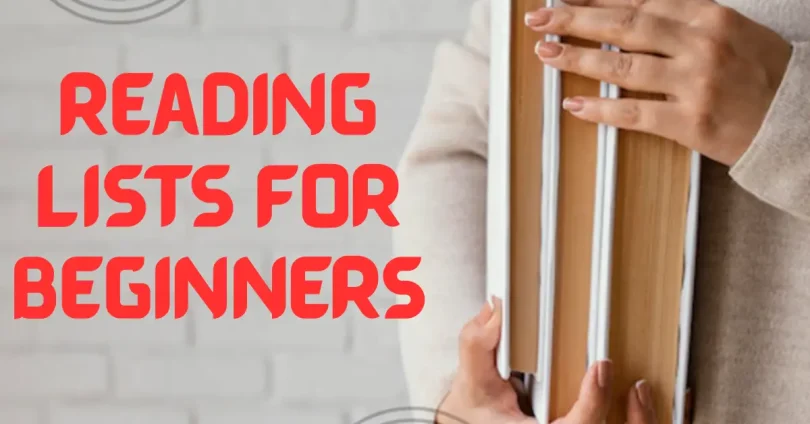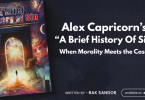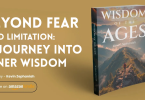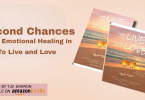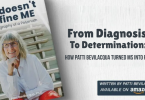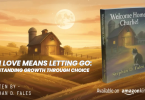Reading is one of the most enriching habits you can develop. It opens doors to new perspectives, ideas, knowledge, and emotions. However, for beginners, choosing where to start can feel overwhelming. With thousands of books and genres to explore, Reading Lists for Beginners offer a curated and accessible path.
These lists are designed to be engaging, easy to follow, and tailored to individual interests—helping new readers confidently begin their journey.
Why Reading Matters: Benefits for Beginners
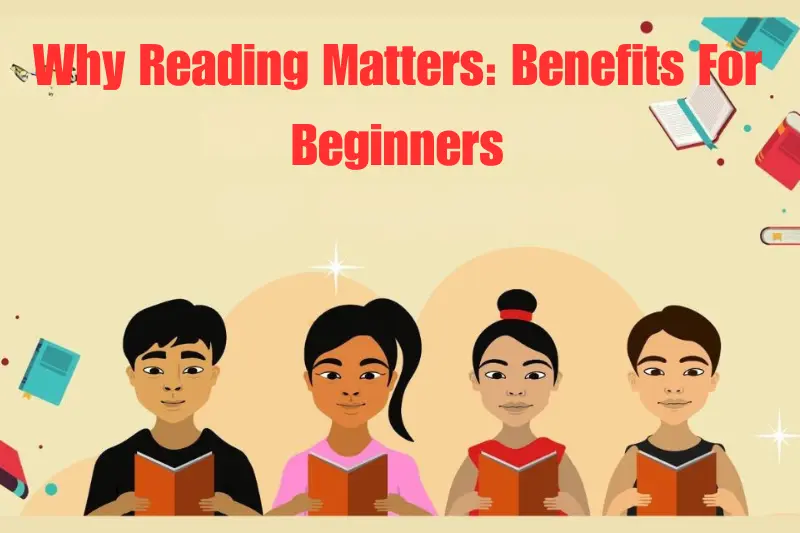
Before diving into the book lists, let’s understand why reading is an essential skill and hobby:
🌟 Mental and Emotional Benefits
- Improves focus and concentration
- Reduces stress and anxiety
- Stimulates imagination and creativity
- Boosts vocabulary and communication skills
📈 Personal Growth Benefits
- Builds empathy and understanding of others
- Improves critical thinking and problem-solving
- Enhances general knowledge
- Encourages lifelong learning
Getting Started: How Beginners Can Develop a Reading Habit
1. Start with Short, Engaging Books
Avoid complex or lengthy books at first. Start small and build up.
2. Set Achievable Goals
Commit to 10 pages a day or one book per month.
3. Find Your Favorite Genre
Try different categories—fiction, romance, mystery, or self-help—to discover what you enjoy most.
4. Use Reading Tools
- Goodreads to track books and find recommendations
- Audiobooks for multitasking or while commuting
- eBooks for portability and highlighting key points
5. Create a Reading Environment
Pick a quiet, comfortable space, and set a regular reading schedule.
📚 Top 5 Fiction Books for Beginners
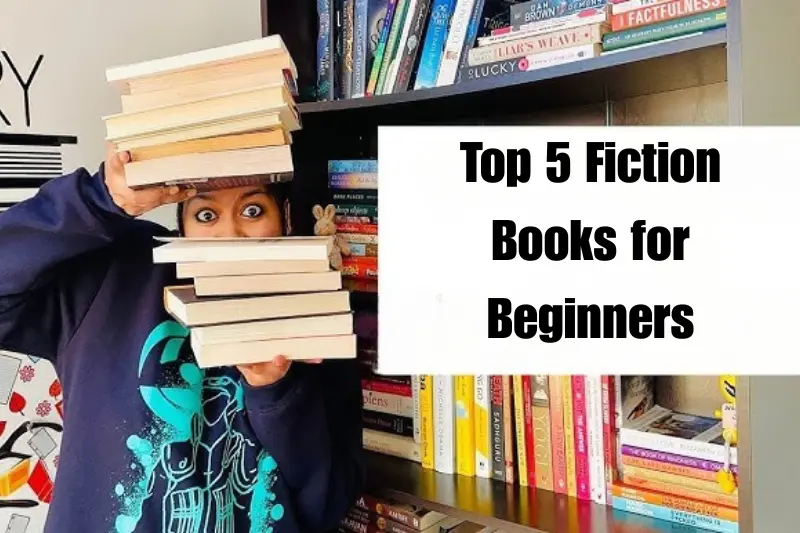
Fiction is a great place to start as it improves imagination and emotional intelligence through storytelling.
1. The Alchemist by Paulo Coelho
- Genre: Adventure, Philosophy
- Why it’s great: A story about following your dreams and finding purpose. The language is simple, and the story is motivational.
2. Eleanor Oliphant Is Completely Fine by Gail Honeyman
- Genre: Contemporary Fiction
- Why it’s great: A relatable story about loneliness and connection. It’s humorous, emotional, and easy to digest.
3. The Fault in Our Stars by John Green
- Genre: Young Adult Romance
- Why it’s great: A love story with depth and emotion, written in an accessible, modern style.
4. The Curious Incident of the Dog in the Night-Time by Mark Haddon
- Genre: Mystery, Coming of Age
- Why it’s great: Told from the viewpoint of a 15-year-old with autism. It’s both insightful and simple to read.
5. To Kill a Mockingbird by Harper Lee
- Genre: Classic Fiction
- Why it’s great: An easy introduction to classics with themes of justice, childhood, and empathy.
📘 Top 5 Non-Fiction Books for Beginners
Non-fiction introduces readers to real-world knowledge and life lessons.
1. Atomic Habits by James Clear
- Topic: Self-Improvement
- Why it’s great: Teaches how to form and maintain habits with practical examples. Very beginner-friendly.
2. Educated by Tara Westover
- Topic: Memoir
- Why it’s great: A true story of escaping an abusive upbringing to gain education. Inspiring and eye-opening.
3. Sapiens by Yuval Noah Harari
- Topic: History
- Why it’s great: An easy-to-read summary of human evolution and culture. It’s intellectually stimulating but very readable.
4. Becoming by Michelle Obama
- Topic: Memoir, Inspiration
Why it’s great: Chronicles her life from childhood to the White House. Uplifting and empowering.
5. The Subtle Art of Not Giving a F*ck by Mark Manson
- Topic: Self-Help
- Why it’s great: Uses humor and honesty to address life’s challenges. Very conversational tone.
📖 Top 5 Classic Books for Beginners
Some classics are perfect for beginners due to their simplicity and relevance.
1. Animal Farm by George Orwell
- A short political satire about equality, power, and society. Easy to follow and deeply symbolic.
2. Of Mice and Men by John Steinbeck
- A story about friendship and dreams set during the Great Depression. Short, powerful, and emotional.
3. The Little Prince by Antoine de Saint-Exupéry
- A poetic tale about childhood, love, and loss. Simple language but deep meaning.
4. The Catcher in the Rye by J.D. Salinger
- A teenager’s internal struggles and quest for meaning. Raw and emotionally honest.
5. Pride and Prejudice by Jane Austen
- Romantic and witty, with strong female characters. Slightly old-fashioned language but rewarding.
📒 Top 5 Self-Help Books for Beginners
Self-help books can guide your personal growth, mental clarity, and productivity.
1. The Power of Now by Eckhart Tolle
- Emphasizes the importance of living in the present moment. A peaceful, life-changing read.
2. You Are a Badass by Jen Sincero
- Encourages confidence and self-love. Fun, empowering, and motivational.
3. Think Like a Monk by Jay Shetty
- Offers spiritual wisdom with practical application. Ideal for beginners seeking mindfulness.
4. Ikigai by Héctor García and Francesc Miralles
- Discover your purpose through this Japanese philosophy. Short and simple.
5. The Four Agreements by Don Miguel Ruiz
- Life lessons in a straightforward format. Each principle is easy to apply.
🧝 Top 5 Fantasy/Adventure Books for Beginners
For those who love escapism and adventure.
1. Harry Potter Series by J.K. Rowling
- The ultimate beginner-friendly fantasy. Magical, emotional, and universally loved.
2. Percy Jackson Series by Rick Riordan
- Greek mythology meets modern humor. Great for young readers and adults alike.
3. The Hobbit by J.R.R. Tolkien
- An adventurous prequel to the Lord of the Rings. Slightly dense, but manageable and magical.
4. The Lion, the Witch and the Wardrobe by C.S. Lewis
- A classic tale of good vs. evil with Christian allegories. Simple and imaginative.
5. Eragon by Christopher Paolini
- A teenager’s adventure with dragons and magic. Fast-paced and beginner-friendly.
🛠 How to Create Your Personalized Beginner Reading List
- Pick one book from each genre to explore variety.
- Set a monthly reading goal—start with one book a month.
- Use bookmarks or journals to track insights or favorite quotes.
- Join reading groups (online or local) for motivation and fun discussions.
- Re-read your favorite books to deepen your understanding and love for reading.
✅ Conclusion: Begin Your Book Journey Today
The joy of reading is that there’s something for everyone. Whether you’re into inspiring true stories, magical adventures, or life-changing self-help, this detailed guide on reading lists for beginners offers a great starting point. Don’t worry about how fast you read or what others are reading. Just pick up a book that interests you and enjoy the ride.
Remember: Every great reader started with a single page.
Happy Reading! 📚✨


